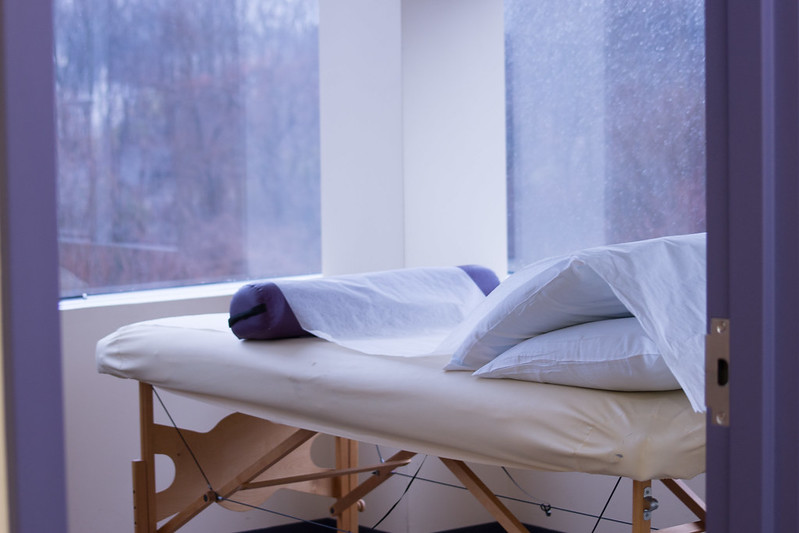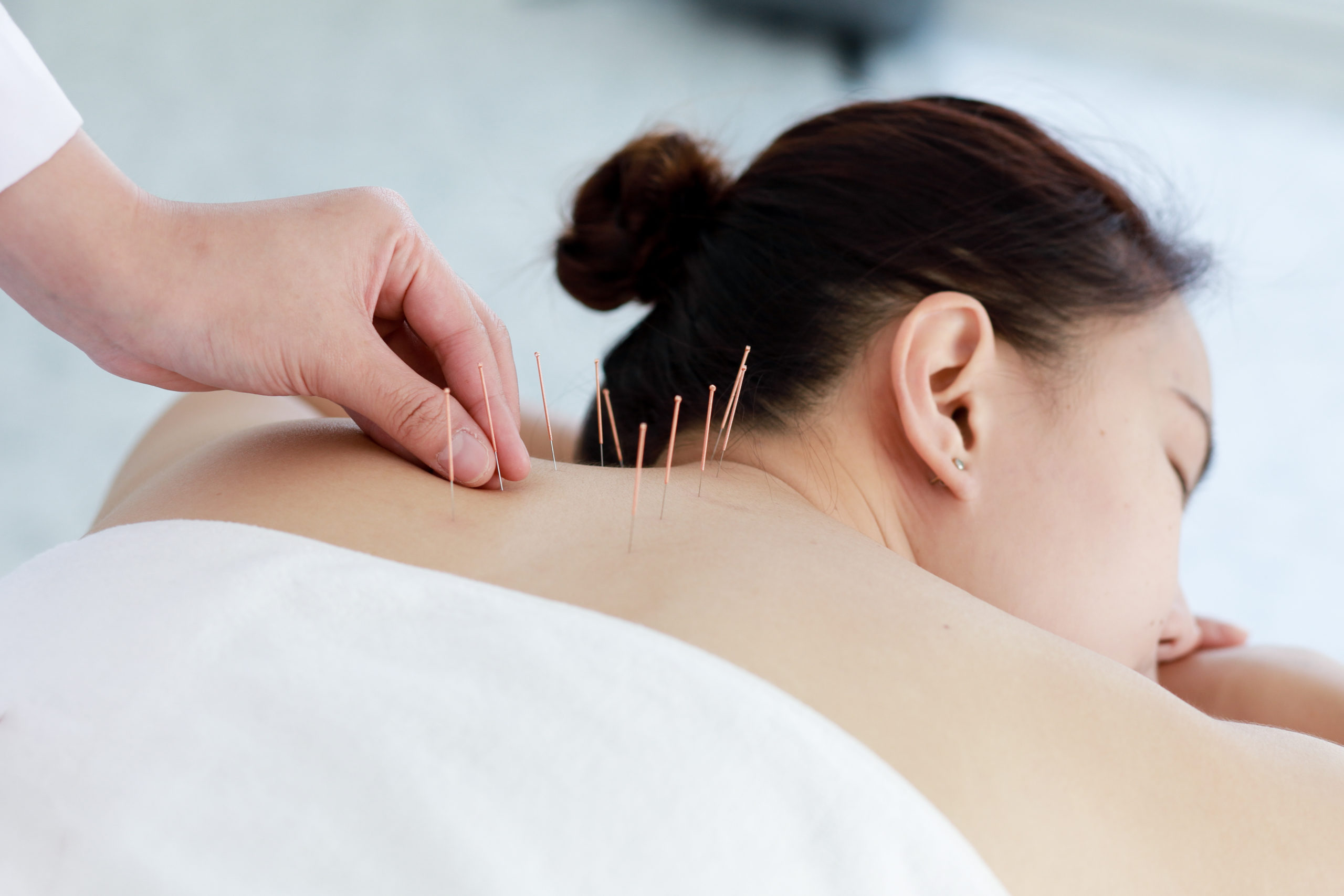Embrace Wellness at MUIH’s Natural Care Center
| By Nick | 0 Comments

This month, we are thrilled to shine the spotlight on a hidden gem in the world of holistic health – the Natural Care Center (NCC) at Maryland University of Integrative Health (MUIH). The center is a beacon of transformative healing that integrates traditional wisdom and modern science to promote optimal health and wellness.
A Confluence of Traditional and Modern Healing Techniques
The Natural Care Center provides a unique array of services combining age-old practices and cutting-edge methodologies. From acupuncture, Chinese herbs, yoga therapy, nutrition, Clinical Herbal Medicine, the NCC is your one-stop-shop for holistic health services. Our professionals specializing in these disciplines create a haven for those seeking to harmonize mind, body, and spirit.
Clinical Herbal Medicine: Nature’s Healing Bounty
We’re excited to announce the return of Clinical Herbal Medicine services to the NCC. This service, based on the learning outcomes of MUIH’s Clinical Herbal Medicine program, brings the healing power of plants to you. Clinical Herbal Medicine is a holistic practice that integrates the traditions of Western Herbalism with the latest scientific research on plant-based medicines. This service provides individualized support to clients, fostering resilience, and promoting overall health and wellness.
Telehealth: Wellness at Your Fingertips
In an era where convenience is paramount, we are excited to offer telehealth services for all our disciplines. Whether you’re seeking advice on nutrition, or herbal medicine, our services are just a click away. Telehealth ensures you receive timely care without compromising on the quality of service, all from the comfort of your home.
In-Person Appointments: A Personalized Experience
For those who prefer an in-person touch, the NCC offers appointments for Acupuncture, Chinese Herbal Medicine, Yoga Therapy, and Nutrition. Our practitioners are committed to creating a safe and welcoming environment where your wellness is the priority. Experience the therapeutic power of acupuncture, discover the healing properties of Chinese herbs, immerse yourself in the transformative practice of yoga therapy, all at our center.
Special Offers and Discounts
New to the NCC? We extend a warm welcome to our first-time visitors with an exclusive offer. New patients can receive a $25 discount on their first appointment. It’s our way of saying thank you for choosing the NCC as your holistic health partner.
Supporting our Heroes
In acknowledgment of their service and sacrifice, we offer special discounts for US Veterans. We believe in the power of holistic health practices in supporting the well-being of our brave servicemen and servicewomen, and this is our small way of giving back.
Harness the Power of Seasonal Transition
As we transition into a new season, there’s no better time to check in for your health and wellness. Seasonal changes can impact your body in various ways, making it essential to adapt and realign. Whether it’s adjusting your diet, incorporating new meditation routines, or simply managing the changes in your environment, our experts are here to guide you on this journey.
MUIH’s Natural Care Center is not just a healthcare provider but a partner in your wellness journey. Our holistic approach, coupled with the convenience of telehealth and our special discounts, make NCC an irresistible choice for those seeking a balanced, healthier life.
Make an appointment today and step into the world of holistic wellness with us. Your journey to optimal health and well-being awaits you at the Natural Care Center.




